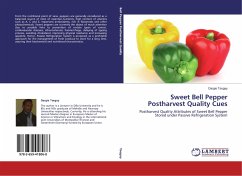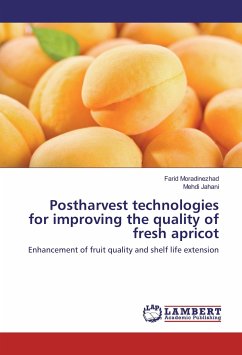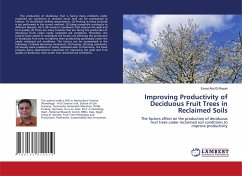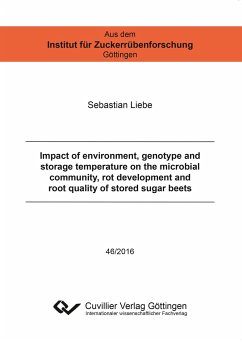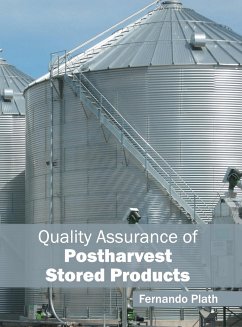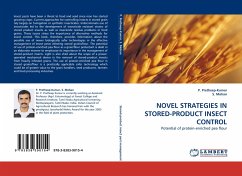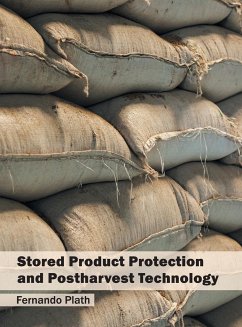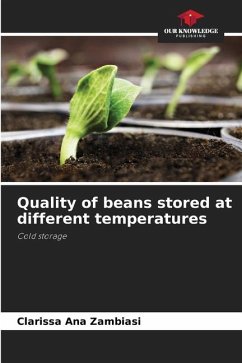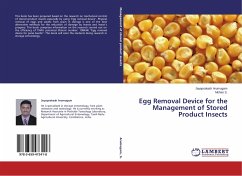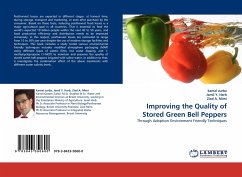
Improving the Quality of Stored Green Bell Peppers
Through Adoption Environment Friendly Techniques
Versandkostenfrei!
Versandfertig in 6-10 Tagen
32,99 €
inkl. MwSt.

PAYBACK Punkte
16 °P sammeln!
Postharvest losses are expected in different stages: at harvest time, during storage, transport and marketing, or even after purchase by the consumer. Based on these facts, reducing postharvest food losses is a major agricultural goal in all countries. That is essential to feed the world's expected 10 billion people within the next 40 to 50 years, and food production efficiency and distribution needs to be improved immensely. In this respect, postharvest losses are estimated to range from 10 to 30% per year despite the use of modern storage facilities and techniques. This book includes a study...
Postharvest losses are expected in different stages: at harvest time, during storage, transport and marketing, or even after purchase by the consumer. Based on these facts, reducing postharvest food losses is a major agricultural goal in all countries. That is essential to feed the world's expected 10 billion people within the next 40 to 50 years, and food production efficiency and distribution needs to be improved immensely. In this respect, postharvest losses are estimated to range from 10 to 30% per year despite the use of modern storage facilities and techniques. This book includes a study tested various environmental friendly techniques includes modified atmosphere packaging (MAP) using different types of plastic films, hot water dipping, and 1-methylcyclopropene (1-MCP) to maintain and preserve the quality of stored sweet bell peppers irrigated with saline water. In addition to that, it investigates the combination effect of the above treatments with different water salinity levels.



